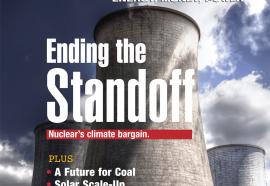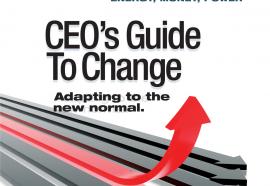Middle Mile Moxie
Xcel Energy proposes to create America’s first fully functional intelligent grid, with communications and automation systems linking the network from end to end, power plants to meters. Although Xcel still is deploying the system, it’s shown that the early payoff from smart-grid investments won’t necessarily come from automated metering, but from automation in the distribution network—the “middle mile.” As chief architect of the Smart Grid City project in Boulder, Colo., Ray Gogel served on the front lines in the industry’s technology revolution.






